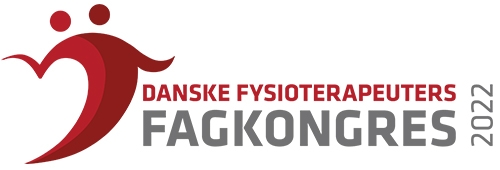
-
Anne Söderlund
Ph.d., Professor in Physiotherapy, School of Health, Care and Welfare, Mälardalen UniversityAnne Söderlund, PhD, is a professor in Physiotherapy with behavioral medicine profile at School of Health, Care and Welfare, Mälardalen University, Västerås, Sweden. She is also affiliated professor at Arcada University of Applied Sciences in Helsinki, Finland.
Söderlund is a leader of a multidisciplinary group, BeMe-Health, of 20 researchers. Her research area is on prevention, treatment, and evaluation of health problems from a behavioral medicine perspective in the physiotherapy framework. Her research is focused on the individual's behavior and ability for functioning in everyday life in different ages. She has more than 100 published scientific articles. She is member of the European Pain Federation Academy Board. She is also an Editor-in-Chief for the European Journal of Physiotherapy.Taler til følgende sessioner-
14:45 - 16:15 Self-management? Hvordan faciliterer vi egenhåndtering hos personer med kroniske lidelser?10:40 - 11:25 Behavior change in physiotherapy – why, when and how?
-
